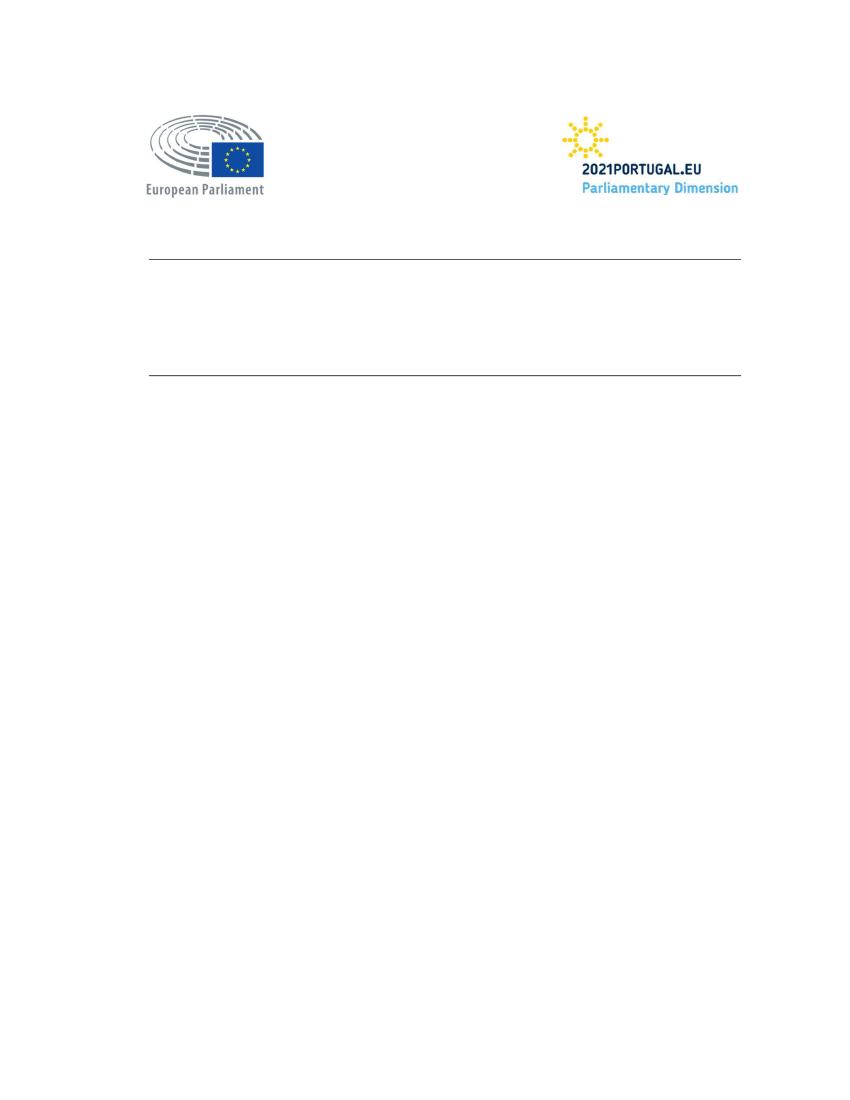
Concept Note
Second High-level Interparliamentary Conference on Migration and Asylum
Monday, 14th June 2021
The impact of COVID-19 pandemic on migration and asylum policies
Migration is a phenomenon that has always concerned the European continent. Migratory
flows, both from outside and within Europe, have redefined and enriched our societies,
shaping our present identity.
Over the past few years, we have seen the rise of migratory flows across Europe and beyond,
which has been triggered by some of key challenges of our contemporary world: political
instability and growing authoritarianism, inequality and extreme poverty, paired and
exacerbation of climate change and environmental degradation.
People who decide to migrate and to seek refugee are too often exposed to risks, distress and
abuses. Many of them are caught in the trap of human smugglers and embark on perilous
journeys. We can see this happening every day at the European’s shores.
The COVID-19 pandemic has only added another element of complexity to an already highly
problematic scenario.
The COVID-19 pandemic has triggered the worst global crisis since the end of World War II.
It has caused deep disruptions at the social, economic and political levels in all societies
around the world. The outbreak of the pandemic can be seen as a product of the contradictions
of our globalised world. Indeed, the COVID-19 crisis is considered by many as a
demonstration of the impact of biodiversity loss on human health. At the same time, the
pandemic has once more confronted ourselves with our fragility and interconnectedness.
The pandemic has not only affected people’s health, but namely work, income and education,
disproportionally impacting on the most socio-economically vulnerable populations, including
migrants and refugees. Away from Europe and the US, the crisis has indeed hit the developing
countries very hard, whether in South Asia, Africa or Latin America. This poses enormous
risks for the future of the world in terms of inequality and social cohesion but also for peace
and security.
COVID-19 pandemic is also having profound impacts on migration patterns at local and global
level, and it is deemed to have a multiplier effect on future displacements. The pandemic has
cut off mobility pathways, stranded migrants, destroyed jobs and income, reduced remittances
and pushed millions of migrants and vulnerable populations into poverty.